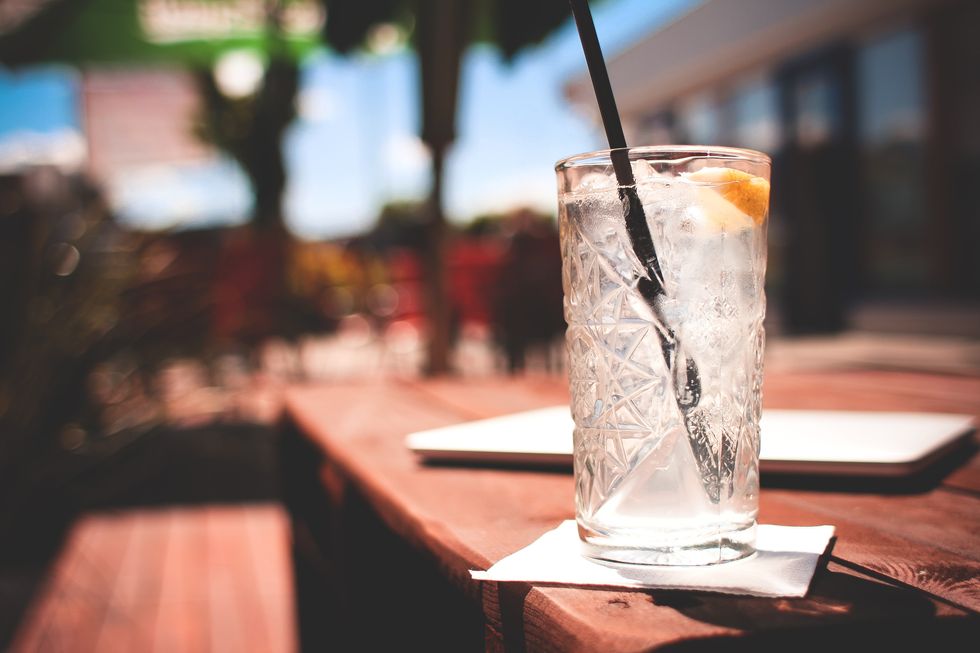There are many things in life that we mindlessly do.
We bless a person after they sneeze, we put on special sleeping clothes before going to bed, and when we are offered a straw, we put it in our drink. What’s interesting, however, is that we don’t use straws unless they are easily available. They don’t make the shopping list because they’re unnecessary—we can just sip out of our glassware at home. And yet, when we’re eating out and the waiter puts down a straw, we immediately reach for it. Why?
Personally, I never thought twice about using a straw—how could such a little tube of plastic really matter? Well, when over 500,000,000 little tubes of plastic are used every single day in the U.S., the effect is anything but minimal. Most straws are not actually recyclable and end up in our oceans, where they are consumed by marine animals. As you might expect, plastic is not exactly a healthy addition to their diet.
When marine life consumes plastic, it has a 50/50 chance of surviving.
Each year, around 1,000,000 seabirds and 100,000 marine animals die as a result of plastic consumption. And at the rate we are going, there will be more plastic than fish in our oceans by the year 2050.
Clearly, something has to be done. These numbers may seem overwhelming, and it’s easy to dodge responsibility and assume we can’t do anything to help. In this case, however, one minor lifestyle change can make a world of difference.
Stop using straws.
It’s as easy as that. When you’re eating out, politely decline straws from your waiter. If you are opposed to sipping out of a glass while out, then you can invest in a reusable straw and bring it with you. What matters most is that we clearly demonstrate that plastic straws are unnecessary. It’s a simple case of supply and demand: if restaurants notice that customers aren’t using their straws, they’re going to stop buying them—and if straws aren’t being bought, they will cease to be made.
Once straws are no longer being produced, a major threat to marine wildlife is eliminated, and the amount of trash that we generate is significantly reduced.
I challenge you to give up straws for one week. If you find that you truly can’t live without them, then at least you tried. And if you find that you don’t need them (which I suspect will be the case), you can continue to positively impact our environment and prevent a fatal threat to thousands of marine animals.

















